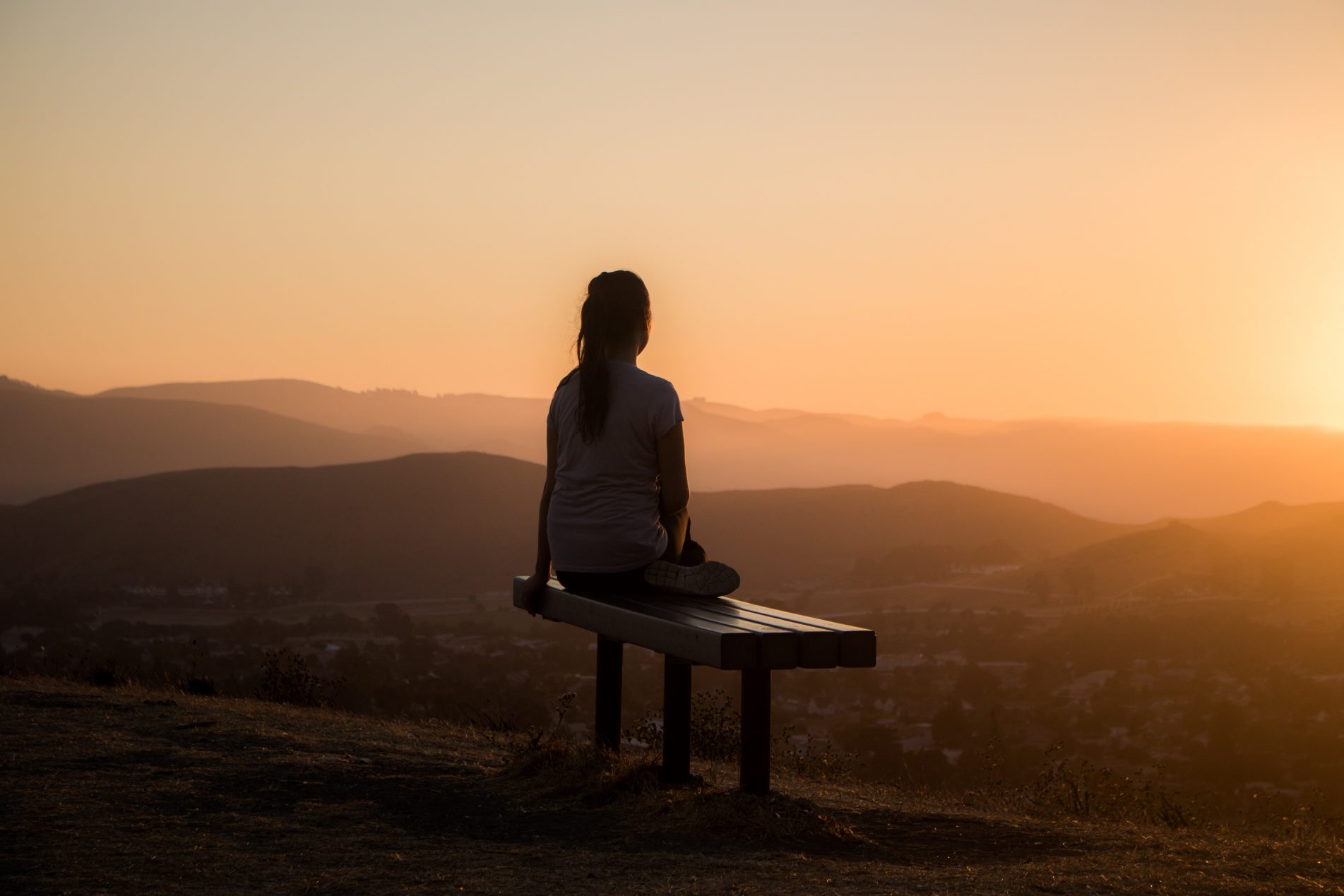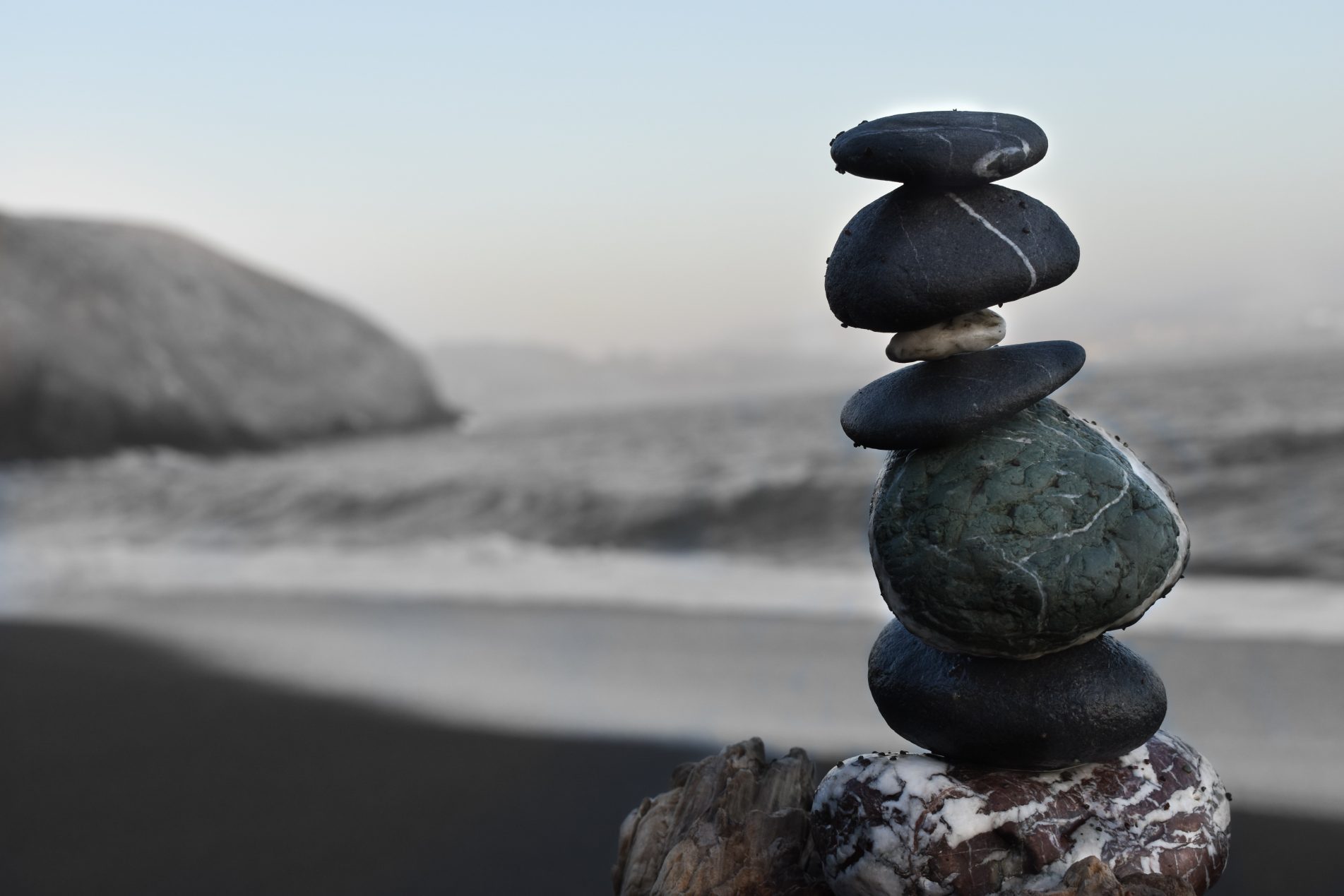
For many in the recovery community, developing a spiritual life with a meditation practice has been an absolute necessity to find some peace and sanity. Most of us have found that once we put down the drink, drugs, or behavior that’s been holding us back, we are in desperate need of something to support and bolster us through life – instead of an unreliable and destructive substance. Finding a practice that can connect you to a sense of meaning and purpose can serve as a vital lifeline to sanity and recovery, as well as offering countless other benefits, like community, stress reduction, and better performance.
For those who have come into recovery without a religious or spiritual practice to fall back on, starting from scratch can seem daunting. Especially for the skeptic. Thankfully, finding something that works for you is easier than it sounds. Many have found peace, freedom, and relief from anxiety in a simple meditation practice. This non-denominational practice is an accessible starting point for anyone, regardless of belief (or lack of it), with countless scientific studies extolling its benefits.
A team from Harvard in 2011 found that mindfulness meditation can actually change the structure of the brain – eight weeks of Mindfulness-Based Stress Reduction (MBSR) was found to lead to improvements in the hippocampus, which governs learning and memory, and in certain areas of the brain that play roles in emotion regulation and processing.
There were also decreases in the areas of the brain volume that are responsible for fear, anxiety, and stress. Moreover, these observed changes linked up with what those in the study reported about their stress levels, suggesting that meditation not only alters the brain but also changes how we feel. A follow-up study by the same team further confirmed that after meditation training participants reported improvements in their overall well-being.s
Interestingly, in recent years mindfulness and meditation have taken the culture by storm, with countless apps popping up and scores of influencers extolling the benefits of meditation as part of their overall wellness routine. From actors to pro-athletes, mindfulness is now de rigueur.
Convinced yet? Here are some simple ways to get started:
Seated Meditation
Otherwise known as “sit down and do nothing.” Surprisingly, this is harder than it sounds. It may take a little while for this practice to be rewarding, but stick with it. Our inner lives can be as rich and complex as anything we can find out in the world. We suggest setting a timer and starting small. Three minutes, five minutes, maybe even ten minutes. Find something to focus on, and when your mind wanders from it—which it definitely will—just gently guide it back. Some people use their breath, a candle, or a simple phrase—whatever it is, just keep trying to return to that anchor point.
This is more rewarding than it may sound.
Create reminders
Even if we have incorporated seated meditation, what about the rest of the day? It’s great to practice mindfulness for a few minutes in the morning but the more we can integrate this practice into our days, the greater the benefit. Creating reminders to “check-in” can be really useful. For example, every time you get into the car. Or pick up the phone. Or use the bathroom: “What’s going on with me right now? What’s my head up to?” Am I present to what I am doing or am I totally somewhere else?
A great way to practice becoming more present is simply to try noticing what’s around you. How does the steering wheel feel under your hands? Are the birds singing right now? You get the idea. We are learning to tune in and bring ourselves more fully to each experience as if it is special and not to be missed.
Focus on the breath
There are scores of different breathing exercises, and a quick search online can offer guidance on various techniques. But breath is as old as life itself and nothing fancy is required to use this always-available tool. Deep belly breaths are known to calm the nervous system and get us out of “fight or flight” reactions, and are a great remedy for anxiety. Simply imagine your belly filling up with breath at each inhale, as if it were a balloon, and at each exhale, notice it emptying.
Placing the hands gently on the stomach can help you stay focused on each breath. Another breathing exercise we like involves inhaling through the nose, noticing the tiny moment when the inhale breath becomes the exhale, and exhaling through the nose. This requires a bit of focus and can be wonderful for bringing you into the present and leaving you feeling peaceful and energized.
Try an app or read a book
There are scores of apps out there built specifically to support people as they explore mindfulness and meditation. We like Insight Timer and Ten Percent Happier, which offers scores of talks and guided meditations to address everything from sleeplessness to building confidence. If that isn’t your bag, there are many inspiring books that can help you develop your practice. A classic that has gotten many people on the road is Wherever You Go, There You Are, by Jon Kabat-Zinn.
No matter where you get started, mindfulness is a powerful and healing practice. We wish you luck, and most of all, attentiveness!
